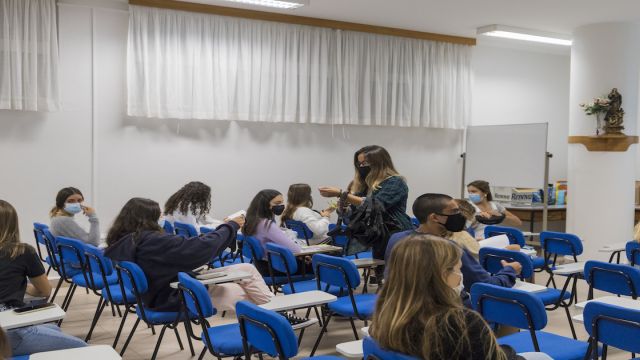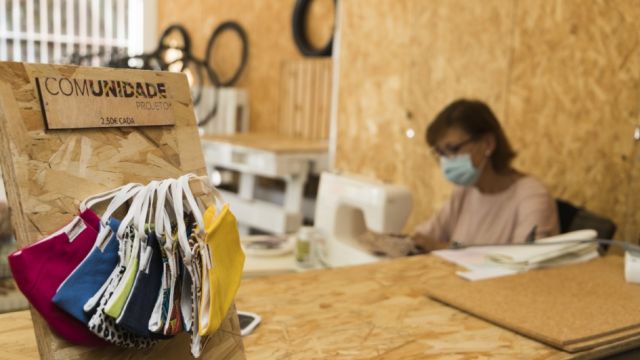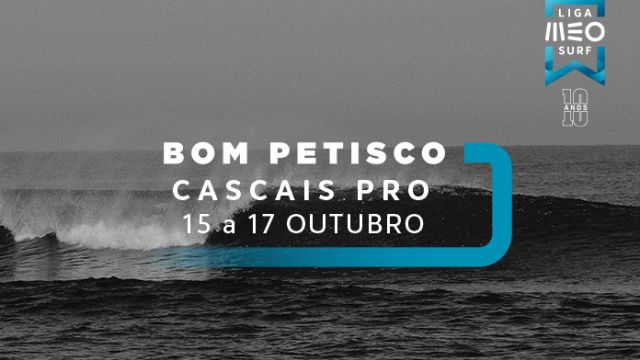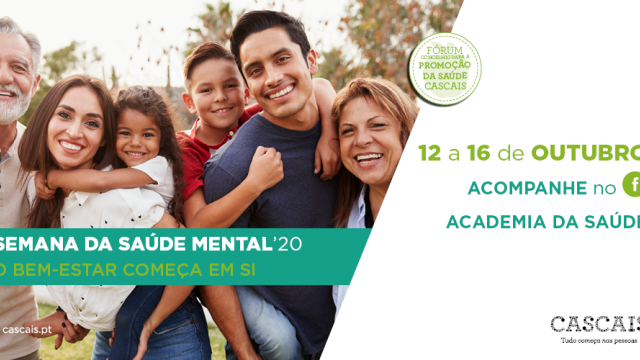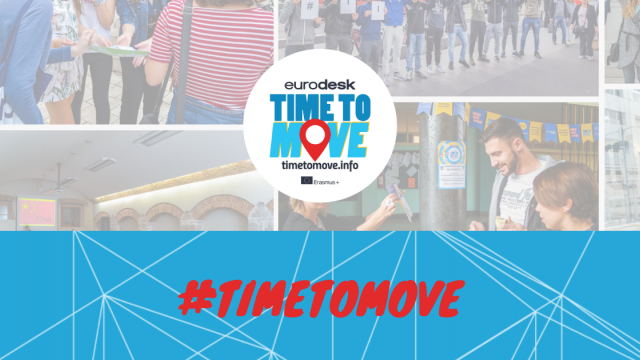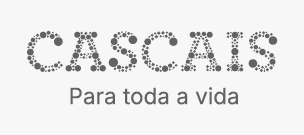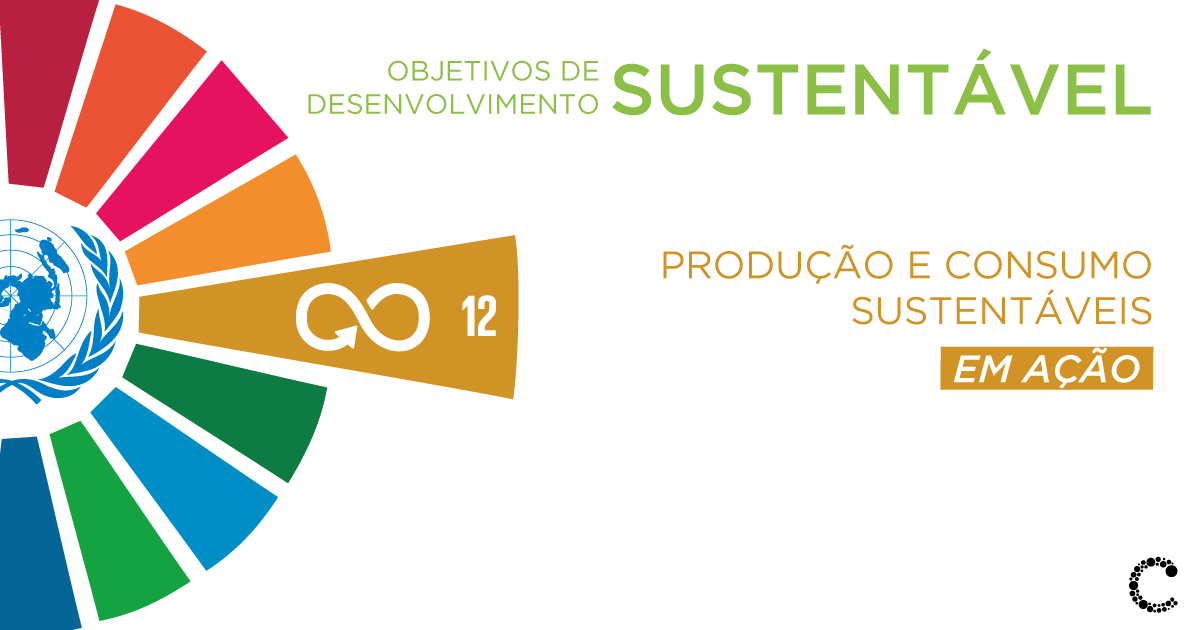
On Tuesday, we shared with you the goal of sustainable development number 12, about sustainable production and consumption, which aims to ensure sustainable consumption and production patterns.
As it has become habitual, we share with you now some ideas and some initiatives that not only inspire you but also provide experiences that will change your life and that of those who are close to you.
Get to know some projects related to this ODS.
Jerónimo Martins promotes the prevention, reduction and recycling of waste generated, not only by its activity, but also by consumers. The Group has recycling points in its stores, so that consumers can deposit waste such as used batteries, cooking oil and coffee capsules, among others. The type and number of recycling points vary by geography.
An effective sustainability strategy implies the change of internal practices, but also promotes the adoption of more responsible processes. That is why the Group works with its suppliers to improve the eco-efficiency of the packaging of Private Label products, with the aim of reducing the environmental impact of packaging; and optimize the costs of production, transportation and packaging waste management.
The project "Combating food waste on all fronts", also by Jerónimo Martins, aims to prevent waste production in an integrated approach in the five pillars of its corporate responsibility strategy and in a collaborative way with various stakeholders:
• Promoting health through food: Jerónimo Martins developed a process of incorporating non-standardized vegetables into the recipes of the Pingo Doce and take-away restaurants in Portugal and Poland. Being healthier options for consumers with little time to prepare their meals, the fourth range of brands Pingo Doce and Recheio (washed and cut vegetables for salads and soups) also integrates this raw material.
• Respect the environment: the integration of products that were previously considered waste, allows to reduce the waste generated in the production phase by around 15%.
• Buying responsibly: through the purchase of uncalibrated food products that previously had little or no economic value to producers, and their integration into the processing plants of the group producing soups for the Pingo Doce and Take Away restaurants. reduce the cost of these ingredients and increase the suppliers' business volume;
• Supporting the Surrounding Communities: by donating food that meets all food safety requirements to social institutions that work with hundreds of needy people, the group contributes to the fight against hunger and malnutrition and waste;
• Being a Reference Employer: Jerónimo Martins trains its employees to correctly identify, select and separate safe food for sale and donation.
Estimating that more than 300 thousand people are going hungry in Portugal, this issue has been part of the Jerónimo Martins Group's agenda for several years, through the way it conducts its business to the efficiency of raw materials management, along of their value chain.
In addition to the continuous work in the prevention of food waste, in 2016, Sonae MC launched a new project in the fight against food waste that also seeks to value the remaining waste, entitled Transforma.Te. Reduce through intelligent depreciation labels; reuse edible food or other products in a good state of conservation without commercial value, through donations to social solidarity institutions or offering them to employees; and recycle waste by turning them into other products - for example, jams - into meals or raw materials for other industries. The last flow is a comprehensive program of communication and interaction with communities in order to raise awareness and increase the habits of the Portuguese population.
Cascais Smart Waste Management guarantees a public service of excellence in waste management. It consists of the optimization of the urban waste management system through innovative methodologies, based on management criteria that allowed to increase the quality of the services and to enhance the work of the employees. It is based on decision support mechanisms, through data collection and information processing, as well as tools to foster active citizenship, which allows for the creation of value added in the knowledge value chain.
The local strategy of Sustainable Tourism consists of encouraging activities in natural areas under natural habitat management by Cascais Ambiente. It promotes the value chain and the identity of the territory with the integrated revitalization of natural spaces, through conservation actions, community involvement and environmentally responsible experiences with reflections on the awareness of the participants. Initiatives that range from the direct offer of experiences in nature to various programs of interpretation, volunteering or environmental conservation, based on a chain of ecological and heritage values of the territory.
The Eco Communities Project - Transition Initiatives for Sustainable Societies aims to promote lifestyles compatible with a post-carbon society, aimed at reducing greenhouse gas emissions, improving resource efficiency and use of a set of measures to encourage changes in citizens' day-to-day practices. It intends to conceive and test a Hypo-carbonic strategy in local communities, in a universe of 25 "Eco families" with a view to their future replication throughout society, through a set of practices, properly monitored and accounted for, focused on prevention and reduction of consumption and resource efficiency.
Can you inspire yourself and do the best you can? It also reads "Consumer credit, responsible credit".









